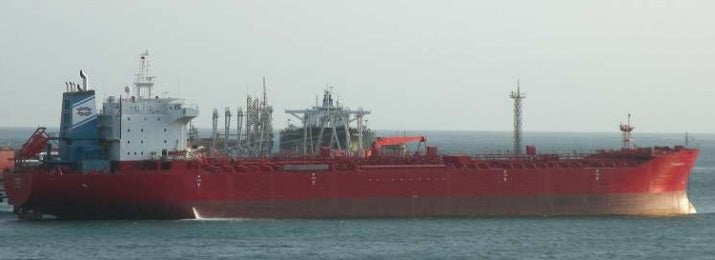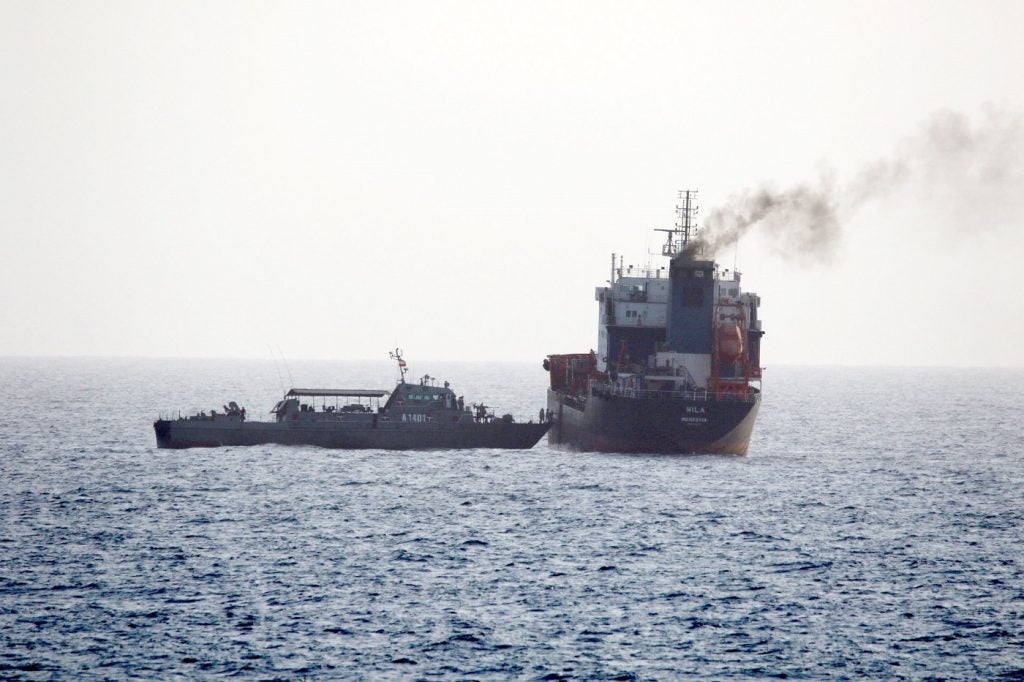U.S. Seizure of Oil Tankers Leads to Mysterious Response From Iran
U.S. authorities have made the largest seizure of oil which they allege was being trafficked between Iran and Venezuela. According to The Handy Shipping Guide four Liberian-flagged oil tankers were successfully stopped and approximately 1.116 million barrels of petroleum were seized in operations conducted over the past month.
The seizures follow a complaint filed by the United States on 2 July, that sought the forfeiture of all petroleum-product cargo aboard the tankers M/T Bella (IMO 9208124), the M/T Bering (IMO 9149225), the M/T Pandi (IMO 9105073) and the M/T Luna (IMO 9208100).

The oil, now in U.S. custody, is valued at in excess of $50 million and is further alleged by the Americans to be the property of the Iranian Islamic Revolutionary Guard Corps (IRGC), a designated terrorist organisation and one which the United States has recently been actively targeting.
This oil was intended to be used to help prop up Nicolás Maduro’s regime in Venezuela, which has received an estimated 1.5 million barrels of petroleum product from Iran in May and June this year. The Venezuelan oil industry has been under severe U.S. sanctions since 2017 and the country is reliant on fuel supplies from abroad.
The U.S. government now must prove a case for seizure and retention in a civil forfeiture, with the case being handed over to the U.S. Homeland Security Investigation’s Colorado Springs office and FBI’s Minneapolis field office for investigation.
However, the Iranians response to the seizure has raised some additional questions. On 12 August, as the U.S. seized the wanted ships, the Iranians boarded a small tanker, the M/V Wila, in dramatic fashion. Video from the U.S. military shows two naval vessels approach the vessel and a Sea King helicopter rappelling troops onto the ship.
Mystery surrounds this action as the Wila issued no distress call to the boarding and the Iranian troops departed after five hours, allowing the ship to proceed. The reasons for these actions by the Iranians, especially after their release of the vessel, remain opaque and subject to opinion. The Iranians in the past have seized ships to put pressure on for the release of their own, but their sudden departure from the Wila has led at least one expert to consider that it may have been to send a message to shipping companies that have dealt with Iran in the past.

